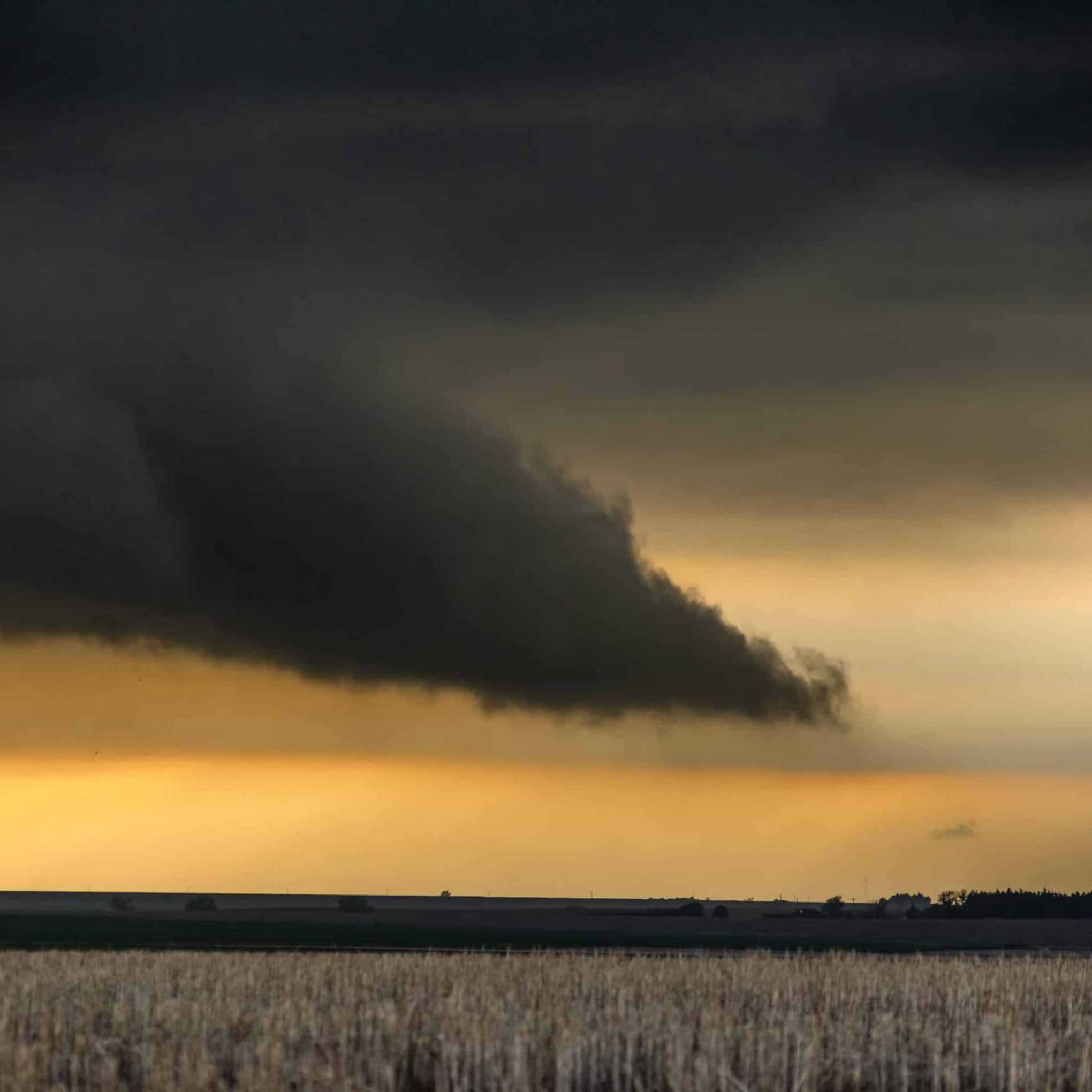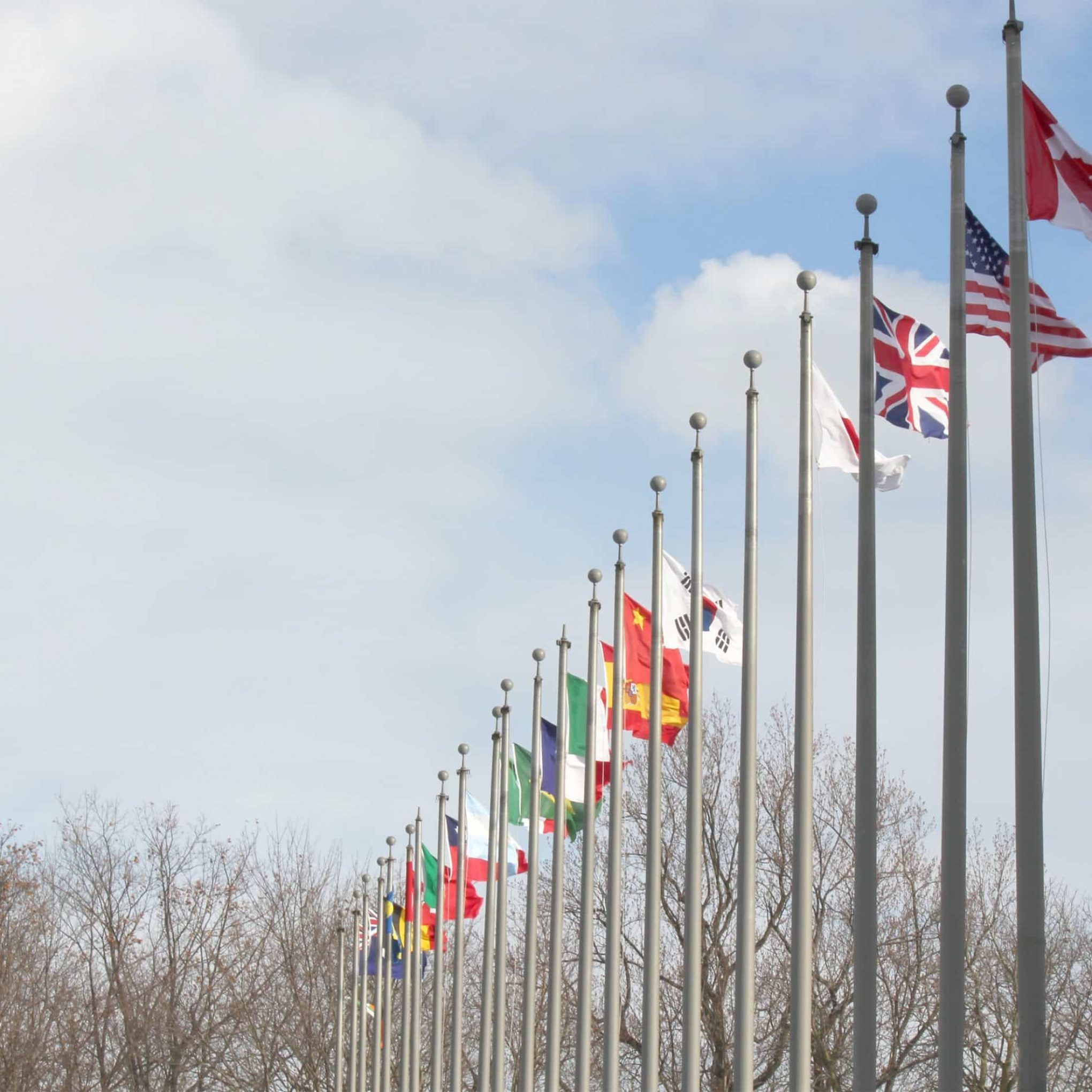
Protecting Your Mental Health in Tumultuous Times
There’s no denying the fact that the past few years have been particularly difficult for those of us living on planet earth. The global pandemic and the subsequent shutdowns began about two and a half years ago, and sometimes it feels like it’s been one thing after another ever since.
Though the pandemic isn’t over we have learned to live with it a little more easily than when it began. We’ve returned to something of a new normal; kids are back in school, restaurants and other small businesses have re-opened, and people are traveling once again, for business and pleasure.
Yet everything feels a little different, a little more challenging. There’s a sense of unknowing and unease that wasn’t as pronounced before. The world we thought we understood seems to be shifting in ways we don’t yet fully understand.
Between the beginning of the pandemic and now, among other things, we’ve experienced an increase in:
- Racial injustice and unrest
- Political tension
- Extreme weather events
- Inflation



Just one of these events is enough to create added stress and anxiety for anyone but to experience all of them one after the other is a lot. It can be overwhelming, so it makes sense that our mental health would take a hit. Fear of the future, not knowing what to expect, and feeling helpless are all precursors to mental health struggles.
Sometimes we’re so busy with the day-to-day, that we forget just how much is going on in the world, and how much each of us has been through in recent years. We might feel anxious or depressed, but not really understand exactly why. If you feel this way, you’re certainly not alone.
There are ways to protect the mental health of yourself and your loved ones, even during scary world happenings and big changes. It takes practice and consistency, but the ability to maintain and even improve your mental health despite chaos and uncertainty is a skill that will benefit you (and your loved ones) for the rest of your life.
Maintain Your Current Mental Health Regimen
It’s especially important to adhere to what has worked for you in the past when the present feels overwhelming. It’s easy to get off track when times are hard. But it’s more important than ever to maintain what works for you when you feel like life is becoming unmanageable.
Addiction & Recovery

Professional Care and Medication
It is OK to Grieve
Our culture doesn’t talk very openly about grief. When we hear the word grief (for many of us) the first word that comes to mind is “death”.
The truth is we can grieve about countless things other than the death of a loved one. Grief is essentially defined as “…a natural response to loss. The emotional suffering you feel when something or someone you love is taken away”.
Grief can be confusing because it doesn’t look like just one thing. Feelings of grief can manifest in all sorts of other emotions, such as sadness, guilt, disbelief, shock, or even anger and rage.
Grief is not linear. It doesn’t just slowly go away as some emotions do with the passing of time, such as anger. You can feel totally fine one day, then be overcome with grief mere hours later.
Even if you didn’t lose a loved one to the disease of Covid, everyone lost something during the pandemic. It was a time of collective sorrow, and though time has passed and things seem more “normal” now, there was a lot of loss. And those feelings of loss don’t necessarily just fade away.
Some examples of things you may have grieved or are still grieving are:
- Loss of a job
- Missing events and milestones (graduations, weddings, funerals, vacations)
- The ability to connect with people in person
- A sense of routine or “normalcy”
Grief should be acknowledged. And it is ok to grieve seemingly “small” things”, such as not getting to walk down the aisle at your graduation. No loss feels small to the person experiencing it. There is no right or wrong way to cope with grief, but denying that it exists is not beneficial to your mental health.
Symptoms of grief include:
- Difficulty carrying out normal routines
- Isolating from others
- Depression, deep sadness, guilt, or self-blame
- Inability to feel genuine pleasure or joy
- Numbness or detachment (4)



If you or a loved one are experiencing ongoing symptoms of grief that are interfering with your daily life, and they don’t seem to be diminishing, it may be time to talk to someone.
Coping with Things Outside Your Control
One of the most difficult aspects of the past few years is the newfound sense of helplessness and powerlessness people have experienced. Not just about the pandemic, but also instances of racial injustice, intense political divide, extreme weather events and now, inflation.
Feeling anxiety about things we can’t control can be extremely frustrating, not to mention overwhelming and depressing. And we really can’t control these things. What we can control are our own perspectives and reactions.
Racial Tension and Injustice
In May of 2020 George Floyd, an unarmed black man was murdered (basically on live TV) by a white police officer. Protests erupted almost immediately, and tens of millions of Americans showed up to participate.
“Black Lives Matter” sprang to existence, and it may be the largest movement in U.S. history. Between 15 and 26 million Americans participated in George Floyd protests in the weeks and months following the incident. There was an average of 140 protests a day in the U.S. between May 26 and July 3rd of that year.
For Black Americans it was a violent reminder of the deep systemic realities underlying Black life. It forcibly reawakened a call for action, and it was a stark reminder of the history and pervasiveness of racism.
For nonblack people, watching that video and witnessing and participating in the subsequent protests caused an epiphany about racism. Specifically, that it doesn’t live comfortably “in the past”, and that white privilege is definitively present.
We can’t erase nor rectify lifetimes of racism. We can’t control how other people think and feel. We can’t change the past or control the future. What we can do is educate ourselves and raise our awareness.
There is still a long way to go in the fight to end racism and discrimination, and as individuals we can help cultivate change by:
- Learning to recognize and understand your own privilege
- Examine your own biases and consider where they originated
- Validate the experiences and feelings of people of color
- Challenge the “colorblind” ideology
- Call out racist “jokes” or statements (6)
Knowledge truly is power, and the more you know about Black history and privilege, the better equipped you are to help improve the future. Do some research. Read some books. Talk to people. Race isn’t the only aspect of privilege. Religion, gender, sexuality, and language can all affect levels of privilege. You have the power to learn and help spread that knowledge. The more we know, the better we do.
Politics
- Over 25% felt depressed when their candidate lost an election
- 1 in 5 lost sleep over politics
- 20% felt fatigued after hearing/watching political news
- 29% lost their temper over politics
- 25% felt “hateful” towards people with opposing views
- Over 20% experienced damaged friendships over politics (9)
It is possible to strengthen your resilience around politics, without completely checking out. You can keep abreast of what is happening without being consumed by it. It’s natural and understandable to become upset or anxious about politics every so often, but we shouldn’t allow ourselves to be made sick over it.
Again, you can’t control politics. You can, however, practice self-care and:
Leave your phone in another room when you sleep. Drink some coffee or water, and do some deep breathing and stretching before you pick up your phone in the morning. Turn on the radio instead of the T.V. occasionally. Unplug from the constant media barrage.
We’re inundated with the same dramatic headlines and stories on television repeatedly. They are shocking on purpose. You get more information, with less of an emotional impact if you read instead of watch. And choose your sources wisely.
The desire to know what’s going on can become compulsive. This is why we end up on our phones scrolling for hours, getting more and more upset. Pick a time, pick a time limit, and try to stick to it. Get out of the habit of checking your phone for news multiple times a day.
If you’re passionate about something political, and it consumes much of your thinking, get involved. Find like-minded people and see what you can do to help. Taking action, even if it’s just collecting signatures for a petition, will make you feel less helpless, and like positive change is imminent.
Extreme Weather
Inflation
The word “recession” has been floating around the media in recent months, and it’s causing increased anxiety and stress about finances. If you’ve been to the grocery store or gas station lately, you know very well that our dollars aren’t stretching as far as they were a year ago. If you’re feeling the pressure, know you’re not alone. Rising costs are scary, they make us fear the worst, such as not being able to provide the basic needs for our family and loved ones.
Experts expect wages to increase over the long term, which will help us keep up with the increasing costs of living. Which sounds great, but what about the short term? What about now?
Here are some tips for maintaining your mental health during economic uncertainty:
You’re stressed about money now, which makes you think you’ll be stressed about money forever. Recessions are temporary. If you were around to survive the recession in 2007-2009, you can survive this too. If you weren’t around for that, talk to someone who was. Remind yourself that economics are cyclical, not stagnant.
The news won’t let you forget about housing shortages, food shortages, high inflation – but are you ok right now? Do you have food and shelter? If you’re struggling, think about where you can cut spending, or consider a side gig for some extra cash. Just because the economic forecast is currently bleak doesn’t mean you and your family are doomed.
You may have thoughts about losing your job, losing your home, losing everything. It’s easy to assume the worst when the economy seems grim. Be logical. If you have some stability in housing and your job, chances are the worst won’t occur. And consider the possibility of the worst happening – you may have to file for unemployment and find a new job. It won’t be easy or fun, but you can survive it. Catastrophizing makes the “worst” seem much more dangerous than it really is.
Life is rarely easy, but sometimes it feels extra difficult. Take extra care of yourself during these times. Put the phones down, get in nature, and practice mindfulness. Don’t believe everything you think. Keep your people close to you, and be discerning about who those people are.
You’ve made it this far in life, you’ll make it through this too. And if you’re really struggling, please reach out for help. You deserve to feel safe and secure, and sometimes we all need a little help with that.

Resources
- https://recovertogether.withgoogle.com/?utm_source=houseads&utm_medium=ads&utm_campaign=onlineresources&gclid=Cj0KCQjw6_CYBhDjARIsABnuSzqUKTSjZrHscoR7rclJADL6CZ1LI890mtu0t0QHFnQrIHcrxjttk-EaAtbYEALw_wcB#online-meetings
- https://try.talkspace.com/online-counseling?utm_source=google&utm_medium=semnb&utm_campaign=Search_Google_NB_Online_Counseling_tCPA_Desktop_[KNOWN]&utm_content=117834480874&utm_term=counselor%20app&e&c&sitelinkid=&locationid=9032310&gclid=Cj0KCQjw6_CYBhDjARIsABnuSzoqrhSvxtU4wIZZ-w6tXLOPpyJjQOzgBnYD8wFySoMnDH17LApKixUaAoWREALw_wcB
- https://www.apa.org/news/apa/2020/grief-covid-19
- https://www.mayoclinic.org/diseases-conditions/complicated-grief/symptoms-causes/syc-20360374
- https://carrcenter.hks.harvard.edu/news/black-lives-matter-may-be-largest-movement-us-history
- https://nnedv.org/latest_update/8-everyday-ways-to-fight-racism/
- https://theconversation.com/political-polarization-is-affecting-mental-health-and-patients-want-therapists-who-share-their-views-177245
- https://journals.plos.org/plosone/article?id=10.1371/journal.pone.0262022
- https://journals.plos.org/plosone/article?id=10.1371/journal.pone.0221870
- https://psychiatry.ucsf.edu/copingresources/politics
- https://psychiatry.org/patients-families/climate-change-and-mental-health-connections/affects-on-mental-health
- https://www.redcross.org/get-help.html


